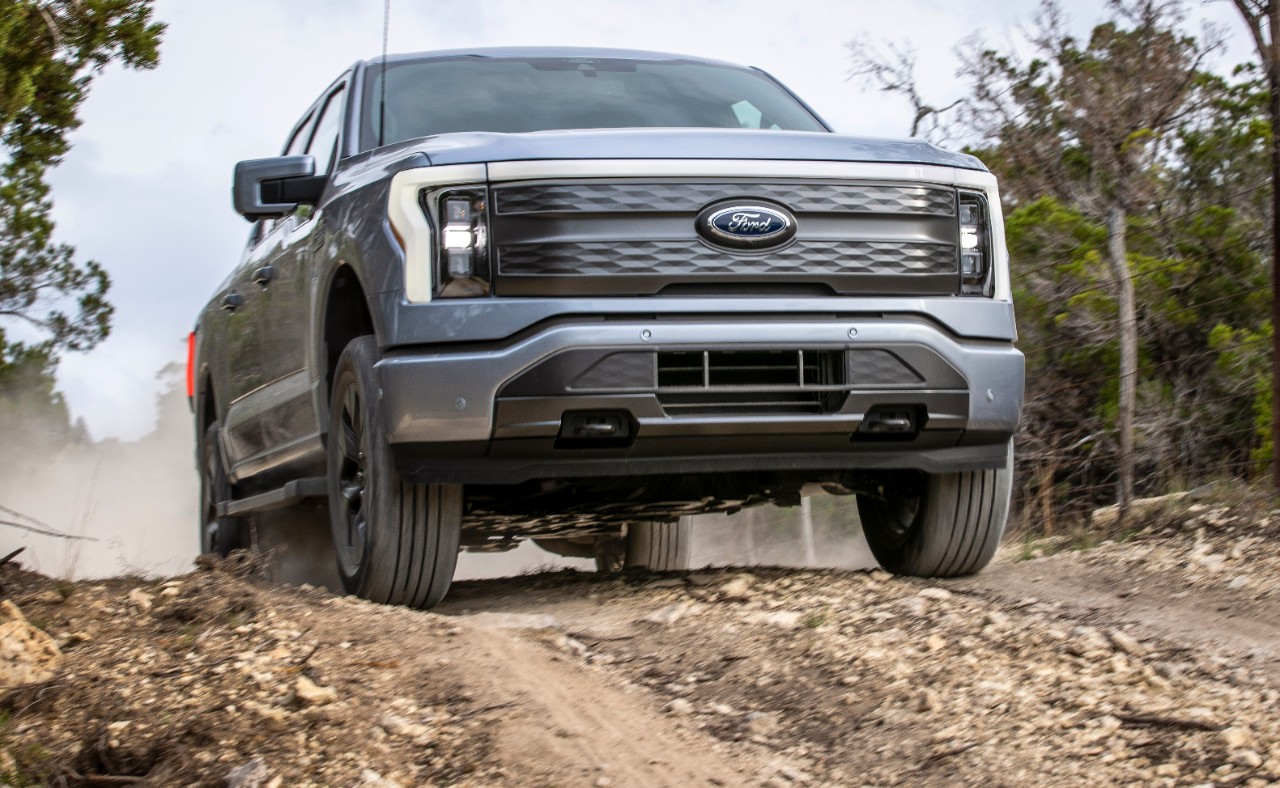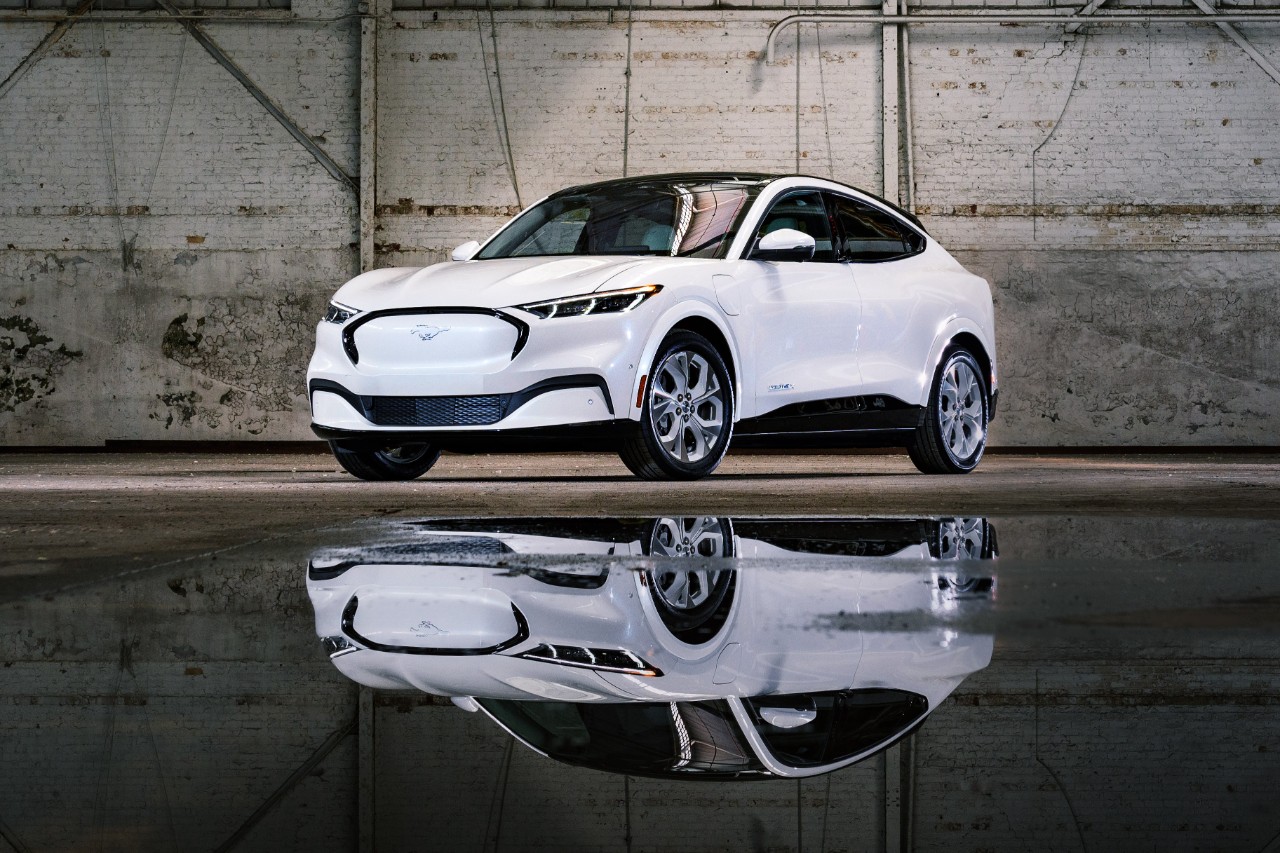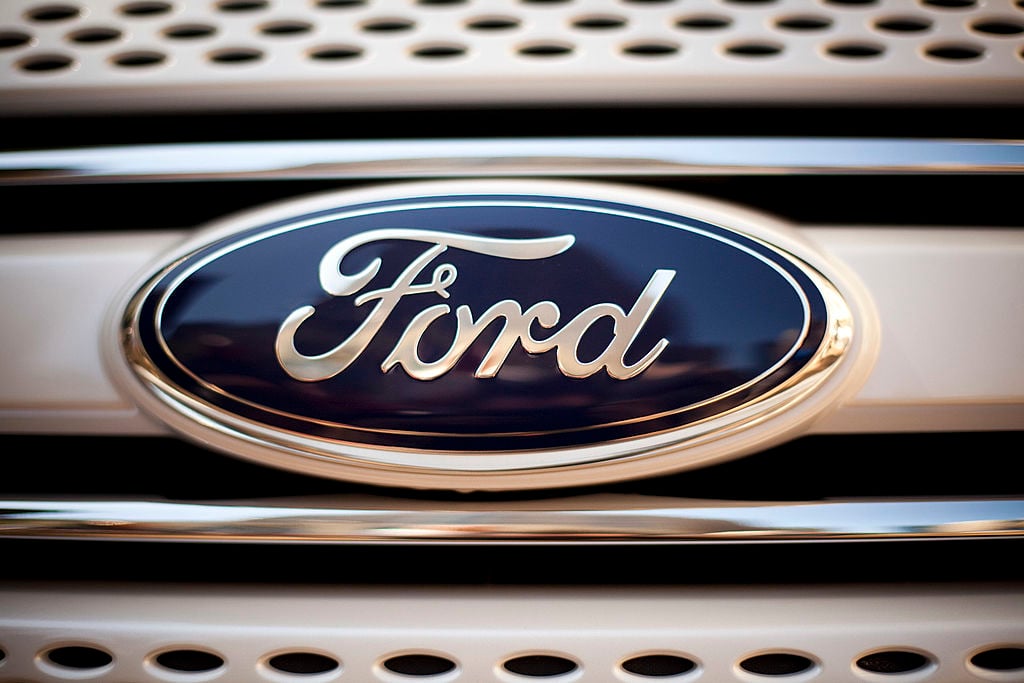Ford Motor Company (F 0.36%) hasn't quite panned out as a worthy investment over the long term. If we zoom out and look at the past decade, shares of the Detroit automaker have generated a total return, including dividends reinvested, of just 16% (as of May 22). This pales in comparison to the 228% total return of the S&P 500 (^GSPC 0.19%).
Ford is an icon of the American economy. I don't believe anyone will argue that. But should you buy this auto stock right now? Let's consider key bull and bear arguments that can better inform investors about their decision.

Image source: Ford.
Reasons to remain positive about Ford shares
By simply looking at the stock price, investors will find a clear reason to be bullish. That's because the valuation is so low. As of this writing, shares trade at a price-to-earnings ratio of just 8.3. Given the valuation of the overall market, investors are likely struggling to find any businesses that provide this type of perceived value.
Consequently, Ford pays a hefty dividend yield of 7.2%. Most investors might only care about capital appreciation. However, there are undoubtedly some market participants who would love to add this income stream to their portfolios.
Ford Model e, the company's EV segment, continues to burn cash. But the rest of the business, which includes the legacy Blue segment, as well as the Pro segment that focuses on commercial customers, remains firmly profitable.
Ford is a leader when it comes to pickup trucks and SUVs. And in the commercial division, the company is creating high-margin and recurring revenue, with a focus on software and subscriptions. This could have positive implications for the future of the company.

NYSE: F
Key Data Points
Can Ford stock beat the market?
Assuming that most readers are looking to pick individual stocks in an effort to outperform the S&P 500 in the next decade and beyond, Ford provides no shortage of reasons to be extremely pessimistic. There are some very unfavorable traits of the business that should make quality-minded investors pump the brakes.
Ford's cyclicality is something to keep in mind. To be fair, this isn't specific to this company, as it's something nearly all automakers must deal with. Because cars are usually the second-largest purchase a person will make in a lifetime (after their home), a lot of thought and planning goes into the decision. When times get tough and money is tight, it makes sense that this purchase can be delayed. Pressured demand will have a negative impact on Ford's sales.
This adds risk to the equation, especially if you worry that a recession is coming sometime this year or next. Ford's revenue will surely take a hit. And thanks to the incredibly low margins the business already operates at, it wouldn't be surprising to see a net loss. That's not what investors want.
The great Warren Buffett loves to own companies that possess an economic moat -- a set of durable competitive strengths that help to fend off rivals and support financial outperformance over time. In my opinion, this is the sign of a high-quality business.
Ford likely doesn't have a moat. One way to tell is by looking at its extremely low return on invested capital (ROIC) of just 8.6%. Investors who want to own companies for a decade or more should desire ROIC figures that are at least 20%. This indicates that the business is able to invest in projects that earn a return well in excess of their weighted average cost of capital, thus creating value in the process.
The nature of the auto industry generally, and Ford's business specifically, ensures that this car manufacturer will probably never be able to build sustainable competitive advantages that make it a high-quality company. Investors should pass on buying the stock now.






